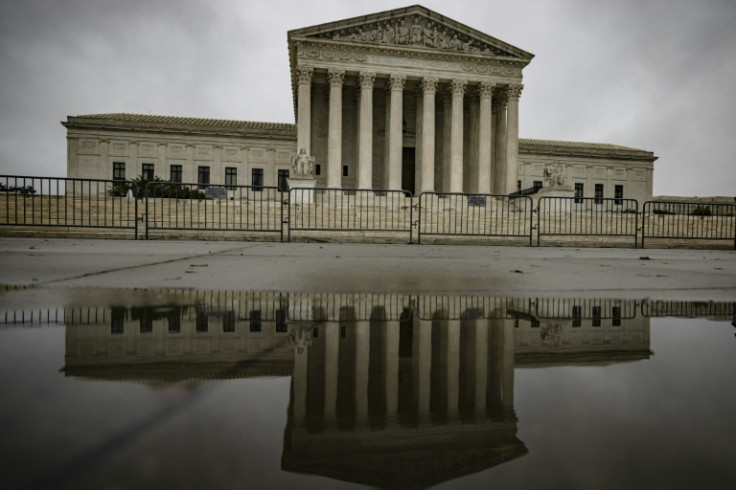Supreme Court Deliberates Social Media Laws: Potential Paradigm Shift Looms

In what could fundamentally alter the dynamics of online communication, the U.S. Supreme Court delved into the heart of two consequential cases originating from Florida and Texas on Monday.
These cases have ignited a fervent debate surrounding the regulation of social media giants and their control over online discourse, raising questions about the boundaries of free speech.
The genesis of these legal battles stems from the aftermath of the tumultuous events of Jan. 6, 2021, which saw former President Donald Trump barred from major social media platforms. In response, state legislatures in Florida and Texas swiftly enacted laws in 2021 to curb the powers of social media platforms in censoring content and banning users based on their viewpoints.
The crux of the matter lies in the interpretation of the First Amendment and whether social media platforms should be considered neutral conduits for speech or as publishers with editorial discretion.
Supporters argue that these laws are necessary to prevent the suppression of certain voices, while opponents contend that they infringe upon platforms' rights to expression, the Texas Standard reported.
The involvement of high-profile political figures has added fuel to the fire. Former President Trump has thrown his weight behind the state laws, decrying what he perceives as bias and discrimination by social media platforms. On the other hand, the Biden administration has aligned itself with tech groups, asserting that the First Amendment protects platforms' editorial autonomy.
During the proceedings, attorneys representing the states and tech groups engaged in heated debates over the constitutionality of the laws, with justices grappling with the intricacies of modern online platforms, NBC News reported. The distinction between different types of online content and platforms emerged as a central point of contention.
© Copyright IBTimes 2024. All rights reserved.






















